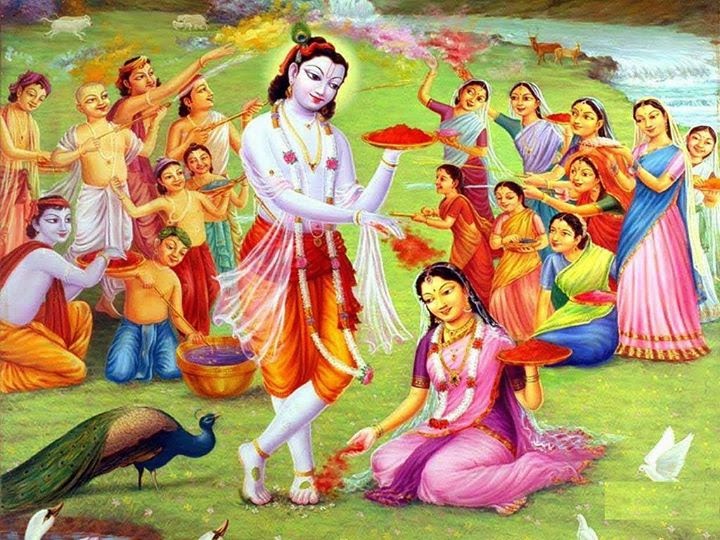Swami Anand Kulbhushan
World’s largest democracy just completed the election process and path for formation of the new government is laid. Osho the zen master has had the opportunity to meet both Jawahar Lal Nehru India’s first prime minister and Lal Bahadur Shastri, one of India’s finest politician and Prime Minister who brought India’s agriculture and defence might together in his political slogan Jai Jawan Jai Kissan. Osho spoke about both of them in one of his discourse. Happyho also provides best Meditation and Tarot classes in Noida and Delhi NCR India area
Osho says:
I knew Jawaharlal Nehru, the first prime minister of India, personally. He was a man of great aesthetic, poetic qualities, but still he had not the guts to accept my advice.
He said, “You are right, but you don’t know this dirty politics. If I start doing things the way you are suggesting, I will simply lose my premiership. I will not be able to do what you are saying — I will just lose my power, my prestige. I will look crazy. And I say to you that what you are saying is right.”
His successor, Lalbahadur Shastri, was immensely interested in me. He died with one of my books on his chest. He was reading it and must have fallen asleep, had a heart attack, and died. He was in Tashkent, Russia, for a summit meeting — the American and Russian presidents, the Pakistani president, and he. These four were there to settle matters about Kashmir, because a part of Kashmir was occupied by Pakistan.
Pakistan’s army had been standing ready there for almost forty years. The Indian army was ready — confronting Pakistan’s army for forty years. And the UNO’s representative army was just standing in between at the cease-fire line. Now, how long is it going to be there, this cease-fire line? Forty years is too long a time. They had gone to settle it, but Shastri died.
He lived just to be the prime minister for one year. He was very simple in a way, and it was by chance that he was chosen prime minister. No one could have thought that he could win the race, but in the political game it sometimes happens. He was the most unexpected candidate.
The commanding, ruling party of the country was very much afraid of Morarji Desai because he was the most stubborn type of person. Once he became the prime minister, he would not care a bit about the committee who had chosen him. The committee was afraid to choose him for the simple reason that they knew that man. Once he had power in his hands, he wouldn’t care even about those who had given him power.
So on the one side was Morarji Desai, on the other side was Indira Gandhi. They were afraid to choose Indira Gandhi because in the whole political atmosphere there was the idea that India is not a democracy, but a monarchy. Jawaharlal was the first prime minister; now his daughter will be the second prime minister. They wanted to avoid Indira, because turning it into a family affair would bring condemnation to all of them and would make the opposite parties more powerful.
And certainly it has turned into a family affair. After Indira, her son became the prime minister. For forty years one family has been ruling, except for that one year when Lalbahadur was chosen.
He was chosen because he was a very simple and weak person. The committee knew perfectly well that even if he were the prime minister, they would remain the masters, the kingmakers. He would be only a puppet. Whatever they wanted, he would do.
Morarji Desai could not be chosen. He wanted to be chosen; he was forcing the committee — “I am the most experienced, the most senior person, why are you not choosing me?” Against him was standing Indira Gandhi. She had her reasons: she had lived with her father, she had seen the whole freedom struggle, its problems. She had seen the beginnings of the independence of India, its complexities, its problems. She knew every in and out of all the politicians of the country. Nobody else had such knowledge.
She claimed that Morarji Desai might be senior, but that he knew nothing about all the chief ministers of the states, all the governors. He knew nothing. She had all the files of her father and his whole experience, and she had been living with him. She knew everybody — who was dependable, who was not, who was reliable, who was not, who was certain to betray the country.
Both had their claims, but the committee persuaded Lalbahadur. He was a very small-sized man, and he was very afraid: “Forgive me, I cannot manage, I am a simple man….” He had never been in the public eye, he was not a national figure. Just because Jawaharlal loved him for his sincerity, truthfulness, reliability, he was in the supreme commanding committee of the ruling party. Jawaharlal had put him there.
The committee unanimously chose Lalbahadur. It sometimes happens…. He was very available to me, but even he was not courageous enough to come to see me. He managed a lunch, in a political way, in the house of one of his cabinet ministers.
This man, Karan Singh, was interested in me — he was the king of Kashmir, and because Kashmir became dissolved into India, he was immediately taken into the cabinet. Naturally he had to be given something; he was the first to join India and give his whole country to the union. He was very much interested in me, so Lalbahadur said, “This would be good. You call him and me for lunch, so just casually we meet and discuss. My going to him will be dangerous to my career.” And he confessed it to me that this is how diplomacy works. Nobody knows — just a casual, accidental meeting. And before lunch, after lunch, for almost three hours he was listening to me about every problem that he was facing.
But I told him it would be good if he came to my place and lived a few days with me. Everything could be cleared. He said, “That is impossible. If people come to know that I have gone to you for advice, I am finished. You have so many enemies in the country, in my party, in my cabinet, that I cannot take that risk. And I am simply a weak man, I have been chosen for my weakness.” But he was sincere.
Osho, The Last Testament, Vol 1, Ch 9 (excerpt)



